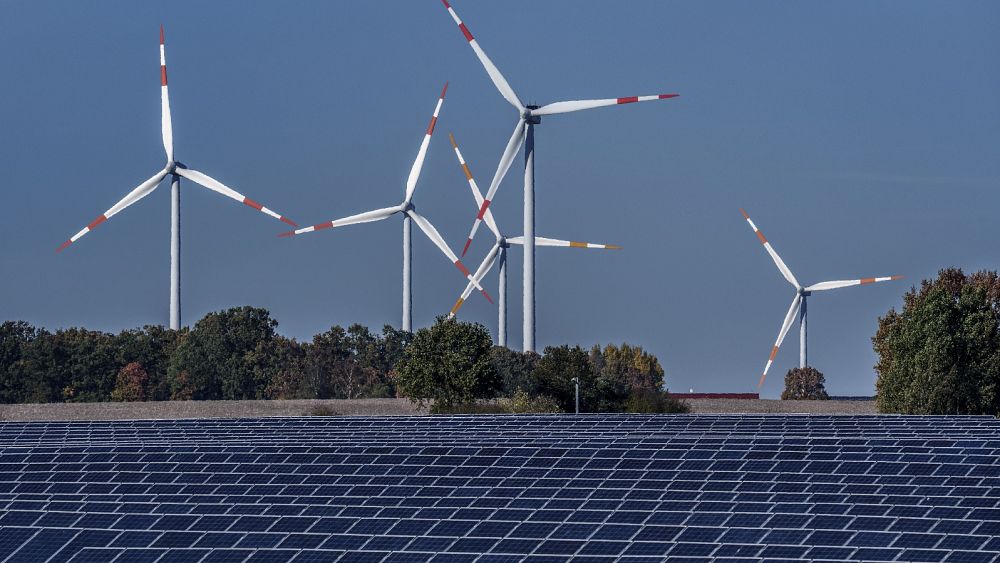
Brussels called on Friday for joint EU naval exercises and patrols to protect critical marine infrastructure at sea citing the recent geopolitical developments including Russia’s military aggression against Ukraine.
The Commission’s proposed update to its 2014 EU Maritime Security Strategy plans for increased activities at sea through regular live maritime exercises at EU level as well as further coastguard operations.
It would also result in the designation of new maritime areas of interests that would be monitored by the Coordinated Maritime Presences — composed of naval and air assets from member states —, strengthened security in EU ports and deeper cooperation with NATO allies and other international partners to uphold the rules-based order at sea.
“Our seas are of strategic importance,” Commissioner Environment, Oceans and Fisheries Virginijus Sinkevičius said. “Eighty percent of global trade is seaborne, up to 99% of data flows through undersea cables.”
The Commission argued the update is necessary because security threats and challenges have multiplied since 2014 and that these “must also be dealt with increasing geopolitical competition, climate change and degradation of the marine environment and hybrid and cyber-attacks.”
Russia’s full-scale invasion of Ukraine, it said, is a “forceful reminder that the EU needs to enhance its security and step up its capacity to act not only on its own territory and its own waters, but also in its neighbourhood and beyond.”
The update comes six months after a deliberate act of sabotage on the Nord Stream pipelines that left them inoperable and which forced the EU to take a closer look at the way it protects its critical infrastructure and in particular cross-border projects.
Investigations by specialist teams from Sweden, Denmark and Germany to determine who was behind the Baltic Sea bombings are still underway but recent intelligence appeared to suggest a pro-Ukrainian group may be to blame. The Ukrainian government has denied any involvement.
Other types of maritime critical infrastructure could include ships, but also offshore wind farms and terminals for liquified natural gas (LNG), which EU member states have been increasingly using since Moscow stopped delivering natural gas in retaliation for sanctions.
The revised Maritime Security Strategy also plans for reinforced coastal and offshore patrol vessel surveillance as well as more secure information-sharing capabilities between member states. The Commission also called for unexploded ordnance and mines at sea to be dealt with and for the development of common requirements for defence technologies including a new class of warships and improved anti-submarine capabilities.

